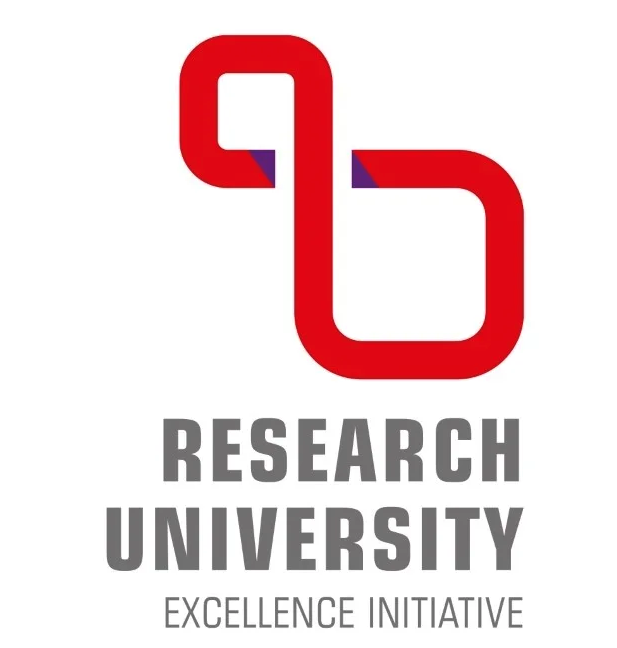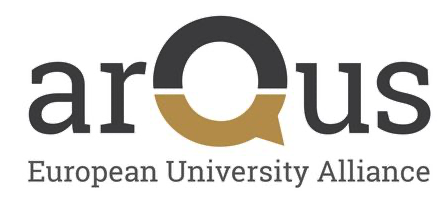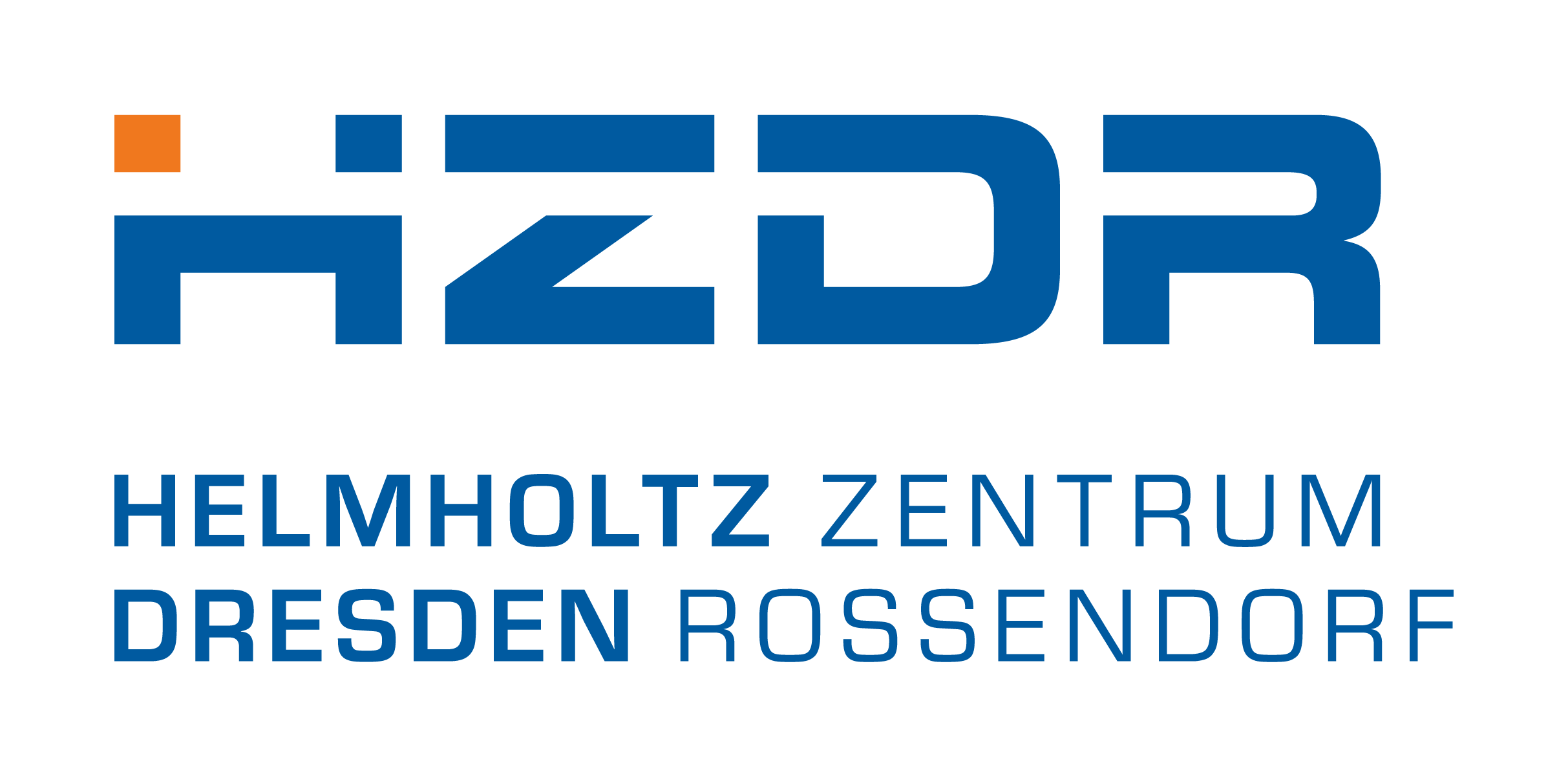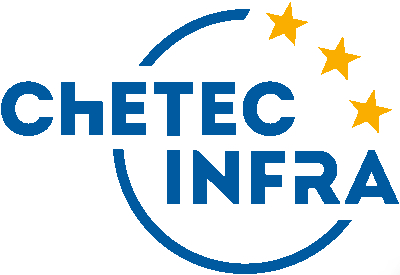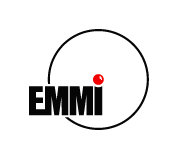61st Karpacz Winter School of Theoretical Physics and ChETEC-INFRA Training School – "Multi-messenger nuclear astrophysics in the 21st century"
Artus Hotel
This 61st edition of the Karpacz Winter School of Theoretical Physics is jointly organised by the Institute of Theoretical Physics and by the Institute of Astronomy, both of the University of Wroclaw (Poland), the Helmholtz-Centre Dresden-Rossendorf (Germany), the Department of Physics and Astronomy of the University of Uppsala (Sweden) and the German Centre for Astrophysics in Görlitz (Germany)
The school aligns with the forthcoming results of the most recent gravitational-wave (GW) observations, specifically from the O4 run of advanced LIGO-VIRGO and the Japanese KAGRA detector, projected for conclusion by the end of 2024. A profound understanding of the growing amount of data necessitates inter-disciplinary expertise in astrophysics and astronomy, numerical relativity, as well as nuclear and particle physics experiment and theory, which is essential for grasping the physics implications of multi-messenger observations associated with the GW detections. With the focus on compact object mergers and collapsing stars as well as their nuclear astrophysics implications, this school endeavours to enhance and stimulate the information flow and close collaboration between researchers from these different disciplines.
Subjects:
-
Explosive astrophysical phenomena – the physics of supernovae and neutron star mergers
-
Astrophysical messengers – neutrinos, gravitational waves and gamma-rays
-
Nuclear astrophysics experiments and theory
-
Nucleosynthesis and galactic chemical evolution
-
Metal poor stars and their observations
The goal of this Winter School is to educate the next generation of young scientists in the field of nuclear astrophysics and related topics. The scientific tools and methods, which are the focus of this training school, are at the current frontier of this truly interdisciplinary field of research.
The school is composed of a series of lectures and traineeships. The latter involve computer practice. Therefore, it is required to bring laptops with the appropriate software, which will be announced later. The trainees will work together with the lecturers on scientific problems, familiarize with modern numerical methods and implementations as well as numerical solutions. They will collect, analyze and fit as well as familiarize with the handling of big data.
International Advisory Committee
- Daniel Bemmerer (Helmholtz-Centre Dresden-Rossenforf, Germany)
- Günther Hasinger (German Centre for Astrophysics Görlitz, Germany)
- Andreas Korn (Institute of Astronomy, University of Uppsala, Sweden)
- Takami Kuroda (Max-Planck Institute for Gravitational Physics Potsdam, Germany)
Code of conduct
This school is committed to providing a welcoming, inclusive, professional, and safe environment for everyone that encourages the free expression and exchange of scientific ideas and is characterized by an atmosphere of tolerance, equity, and mutual respect, regardless of any personal attributes such as gender, race, etc. Harassment or bullying in any form will not be tolerated. All communication should be appropriate for a professional audience including people of many different backgrounds. Be kind to others. Do not insult or put down other attendees. Behave professionally.
Harassment includes offensive verbal comments or jokes related to nationality, gender, sexual orientation, disability, physical appearance, body size, race, religion, as well as sexual images in public spaces, deliberate intimidation, stalking, following, harassing photography or recording, sustained disruption of talks or other events, inappropriate physical contact, and unwelcome sexual attention. Bullying is defined as unwelcome or unreasonable behavior that demeans, intimidates, humiliates, or sabotages people, either as individuals or as a group. It includes physical bullying, verbal abuse, disparagement, intimidation, exclusion, or spreading personal rumors.
Participants asked to stop unacceptable behavior are expected to comply immediately. The school will not allow retaliation against any individual who makes a report of known or suspected code of conduct violation. Sanctions against attendees violating these rules are at the sole discretion of the conference organizers and may range from warnings to being asked to leave the event, and exclusion from future sponsored meetings.
Sponsors
- Agnese Falla
- Alexander Ayriyan
- Alexander Holas
- Alice Ferreira
- Anish Kalsi
- Annika Schichtel
- Anton Stall
- Ashabari Majumdar
- Benjamin Wehmeyer
- Brankica Kubátová
- Camilla Hansen
- Carla Frohlich
- Chiaki Kobayashi
- Christina Fakiola
- Christoph Gärtlein
- Cristina Letizia Maddanu
- Daniel Bemmerer
- David Blaschke
- David Calvert
- Dhrubajyoti Rakshit
- Ewa Niemczura
- Federico Sestito
- Gerrit Leck
- GURUPRASAD YAGADEVAN
- Heamin Ko
- Joanna Popiela
- John Dixon
- Justin Schäfer
- Kacper Kowalski
- Kaitlin Webber
- Kamil Sokołowski
- Kenta Hotokezaka
- Lapo Sgatti
- Laurin Söding
- Linda Lombardo
- Mahtab Gholami
- Maël Gonin
- McKenzie Myers
- Narine Gevorgyan
- Nimthara Senevirathne
- Noshad Khosravi Largagni
- Oliver Heymer
- Pavlo Panasiuk
- Pranjal Tambe
- Roland Diehl
- Shota Shibagaki
- Souradeep Bhattacharya
- Tahmina Achekzai
- Takami Kuroda
- Tiina Liimets
- Tobias Fischer
- Xiao Zhang

